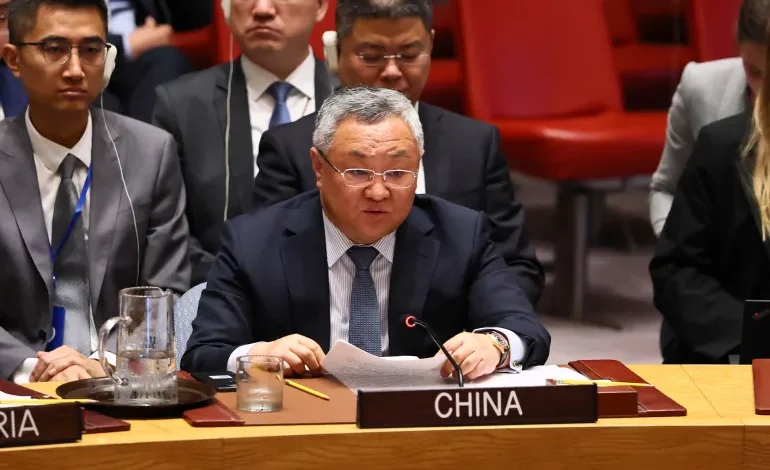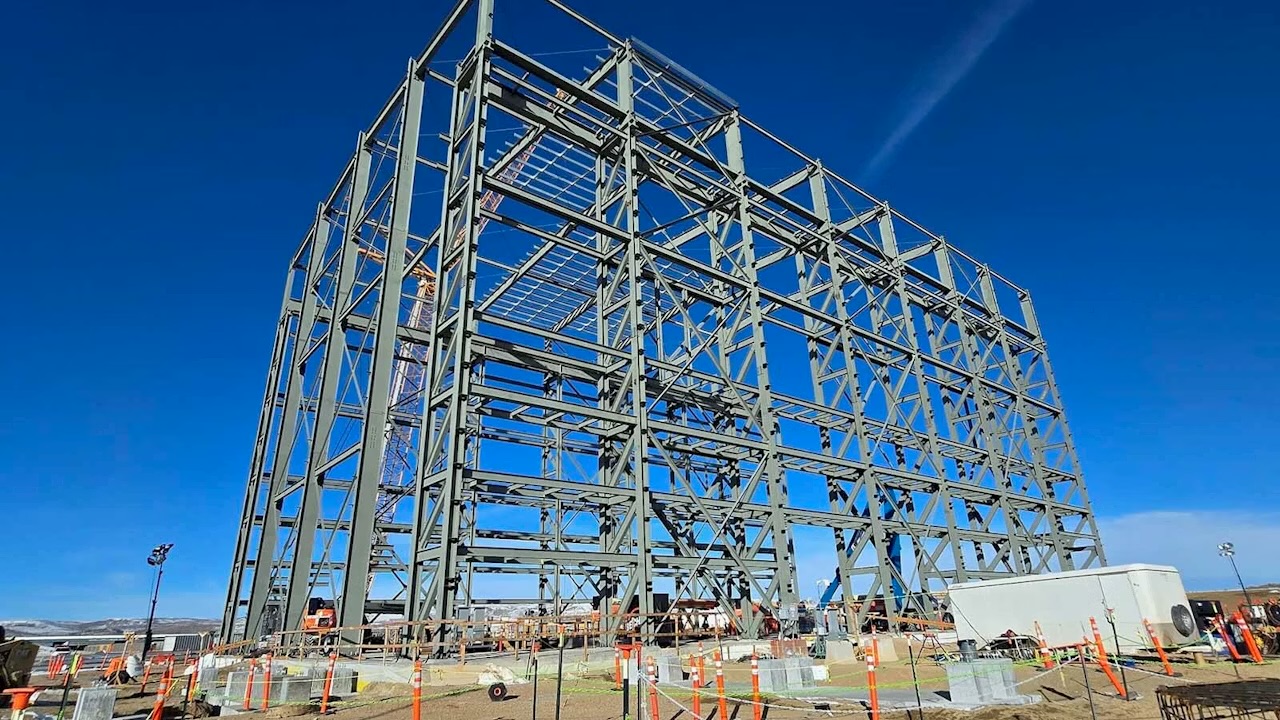China’s Limited Role Revealed Amid Israel–Iran Conflict, Say Analysts

Throughout the 12‑day conflict between Israel and Iran, Beijing’s attempts to position itself as a mediator largely failed to influence the outcome, analysts say. Despite diplomatic statements and UN-endorsed ceasefire advocacy, China’s actual leverage in the crisis proved limited.
Chinese diplomats, including UN envoy Fu Cong and Foreign Minister Wang Yi, publicly called for de-escalation and a negotiated ceasefire. But behind the scenes, Beijing avoided offering concrete support to Iran—opting out of military aid or economic assistance—and focused instead on protecting its access to Iranian oil and ensuring the safety of its citizens abroad.
Several analysts pointed out a key irony: China’s long-standing strategic partnership with Iran and its expanding Belt and Road economic interests did little to boost its role in actively halting the conflict. Beijing’s approach was constrained by geopolitical caution: it didn’t want to alienate Israel or the United States, avoid jeopardizing relationships with Gulf countries, and keep commerce flowing.
Energetic concerns were also at play. With about 15% of China’s crude oil imports sourced from Iran, the risk of future disruptions—particularly threats to the Strait of Hormuz—pushed Beijing to quietly explore alternatives like developing the Russia-to-China Power of Siberia 2 pipeline. The effort underscores that China may be stepping up its contingency planning in the event of further Middle East hostilities.
Some commentators described the episode as a turning point, showing the limitations of China’s influence. Without tangible support or pressure points, its calls for peace were understood as rhetoric without real diplomatic bite. Observers suggest the conflict may nudge Beijing to rethink its strategy—or double down on energy diversification—if it hopes to play a more robust role in global crises.
With input from Al Jazeera









The latest news in your social feeds
Subscribe to our social media platforms to stay tuned